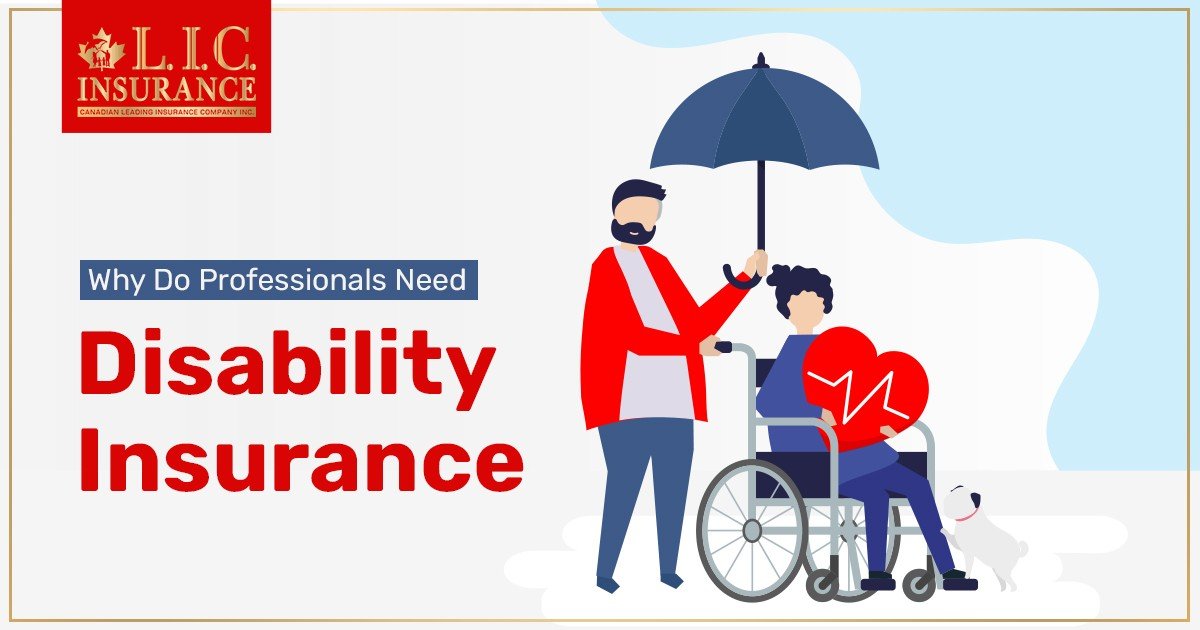Disability insurance is often overlooked but plays a crucial role in protecting your financial stability in the event of unexpected illness or injury. In this article, we’ll delve into the importance of disability insurance and why it’s a vital component of your financial plan.
- Understanding Disability Insurance: Disability insurance provides income replacement if you become unable to work due to a covered illness or injury. It offers financial protection by replacing a portion of your lost income, allowing you to cover essential expenses such as mortgage payments, utility bills, and daily living costs.
- Types of Disability Insurance: Disability insurance can be categorized into two main types: short-term disability insurance and long-term disability insurance. Short-term disability insurance typically provides coverage for a few months to a year, while long-term disability insurance offers coverage for an extended period, sometimes until retirement age.
- Protecting Your Income: Your ability to earn an income is one of your most valuable assets. Disability insurance safeguards your income by providing a source of financial support if you’re unable to work due to illness or injury. Without disability insurance, you risk depleting your savings or relying on government assistance to make ends meet.
- Coverage for Various Conditions: Disability insurance covers a wide range of medical conditions and injuries that can prevent you from working, including musculoskeletal disorders, mental health conditions, cancer, heart disease, and accidents. It provides peace of mind knowing that you’re protected against unforeseen circumstances that could impact your ability to earn an income.
- Maintaining Financial Independence: Disability insurance helps you maintain financial independence and autonomy by providing a steady stream of income during periods of disability. It allows you to meet your financial obligations and maintain your standard of living without relying on others for financial support.
- Complementing Other Insurance Coverage: While health insurance covers medical expenses, it may not provide adequate financial support if you’re unable to work. Disability insurance complements your health insurance coverage by replacing lost income and ensuring you can continue to meet your financial responsibilities while focusing on recovery.
- Customizing Your Coverage: Disability insurance policies can be tailored to meet your specific needs and preferences. You can choose the benefit amount, waiting period (the time between becoming disabled and receiving benefits), and benefit duration to align with your financial goals and obligations.
- Coverage for Self-Employed Individuals: Self-employed individuals often lack access to employer-sponsored disability insurance plans. Purchasing an individual disability insurance policy is essential for self-employed individuals to protect their income and financial stability in the event of disability.
- Peace of Mind for Your Loved Ones: Disability insurance provides peace of mind not only for you but also for your loved ones. Knowing that you have a financial safety net in place can alleviate stress and anxiety during challenging times, allowing you to focus on your recovery and well-being.
- Consulting with an Insurance Professional: If you’re unsure about the type of disability insurance coverage you need or how to customize your policy, consider consulting with a licensed insurance agent or financial advisor. They can assess your financial situation, explain your options, and help you select a disability insurance policy that meets your needs and budget.
In conclusion, disability insurance is a critical component of your financial plan, offering protection against the unexpected loss of income due to illness or injury. By understanding the importance of disability insurance and securing adequate coverage, you can safeguard your financial stability and maintain peace of mind for you and your loved ones.
